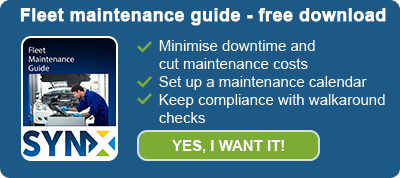CVRT is a test of roadworthiness carried out on all commercial vehicles, including buses with more than eight passenger seats and ambulances, all over one year old. CVRT is one of a series of steps to continuously keep Irish roads as safe as possible.
Irish legislation regarding the testing of commercial vehicles has undergone few changes over the years, but a significant step was taken in 2012 with the implementation of the Road Safety Authority (Commercial Vehicle Roadworthiness) Act, which confers powers to the RSA of Ireland to test commercial vehicles from that time onwards, as well as stating the obligations of commercial vehicles owners who are required to maintain their fleet to a roadworthy standard and inspect vehicles periodically.
The Road Safety Authority (Commercial Vehicle Roadworthiness) (Vehicle Repair and Maintenance) Regulations 2013 (S.I. 348/2013 from the Irish Statutory Book) places various responsibilities on the owners for their commercial vehicles, including:
Operators are actually
legally required to put in place an effective maintenance program, it isn’t discretionary, authorities can insist on
inspections to check that maintenance obligations are properly followed, and
prosecute if non-compliance is found.
Commercial Vehicle Roadworthiness Testing (CVRT) has, as a consequence of these steps, been set up as part of the safety programme for commercial vehicles. CVRT is needed for commercial vehicles for the following reasons:
• only vehicles that pass the test and obtain a Certificate of Road Worthiness can apply for Motor Tax (and therefore be used for business purposes)
• it is legal requirement: if you do not do comply, it will lead to penalty points, fines, sanctions, and any non-certified vehicles, taken off the road.
There are more obvious benefits to your business, though—because the certificate ensures vehicles are tested properly and regularly, breakdowns should be
minimised, preventing unnecessary
downtime.




